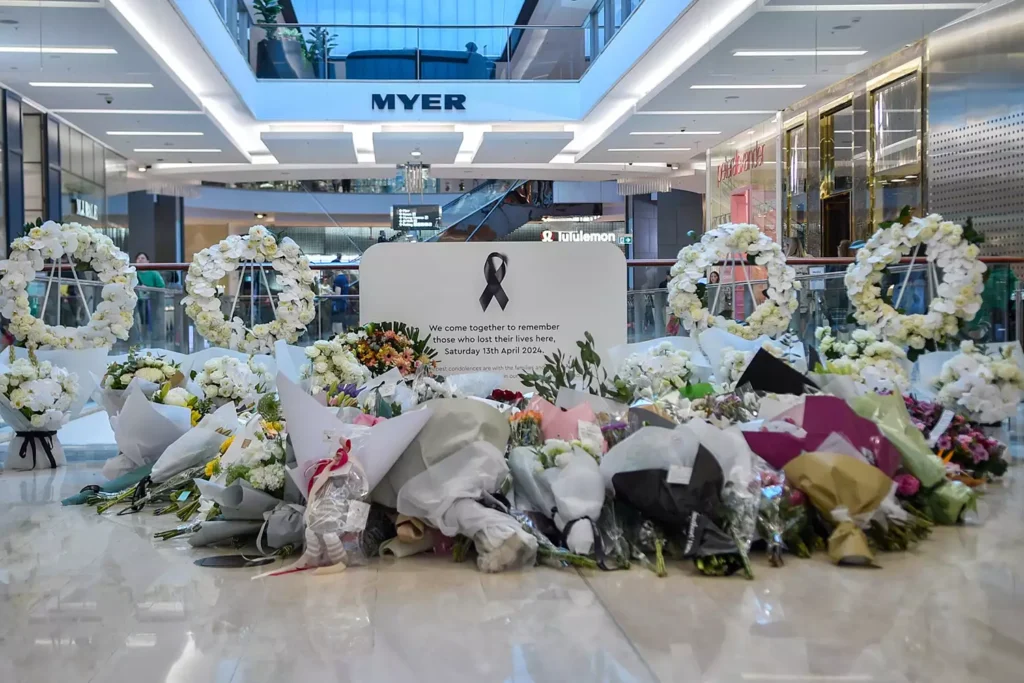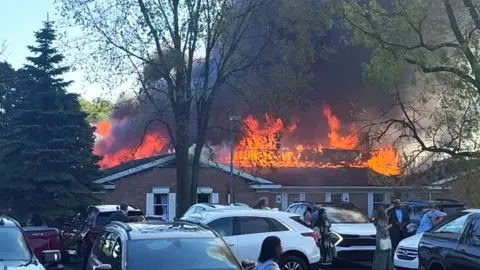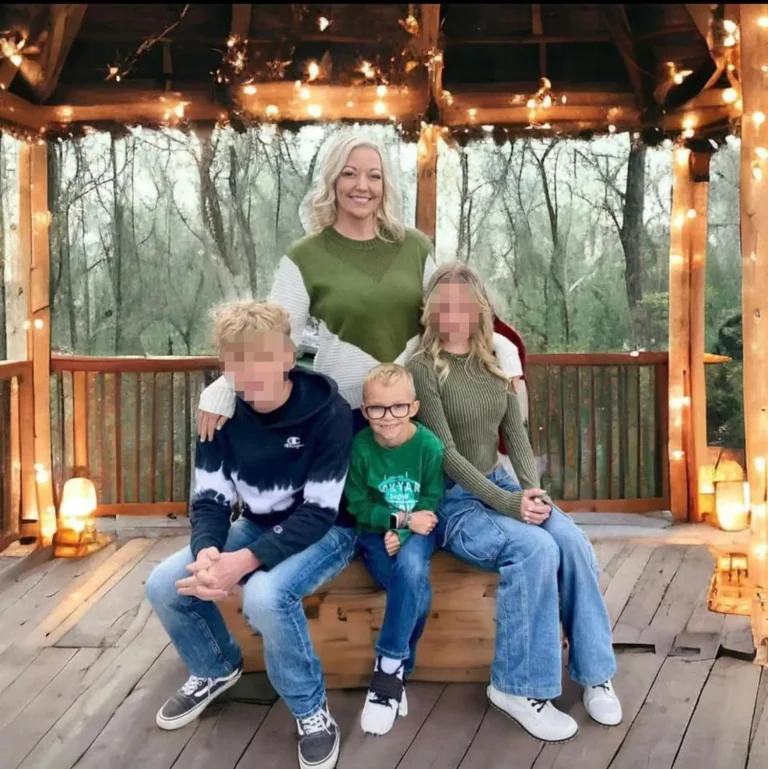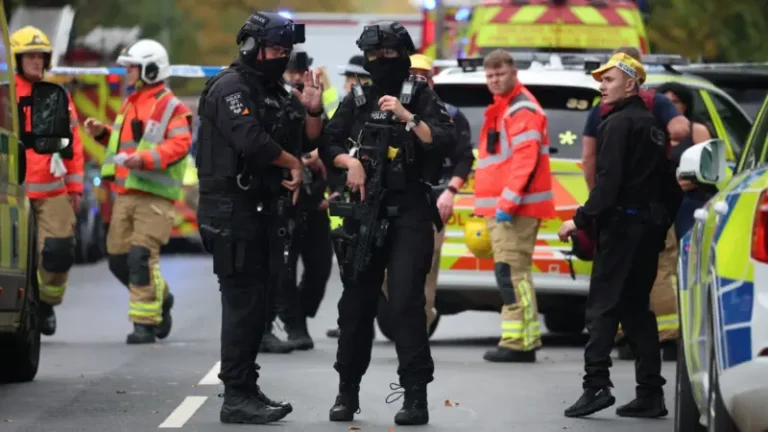
Westfield Shopping Centre at Bondi Junction in Sydney following the April 13, 2024, stabbing attack. Credit : Ma Ping/Xinhua/Alamy Live News
The doctor who treated Joel Cauchi for years says the man who killed six people at a Sydney shopping center wasn’t having a psychotic episode at all—instead, he may have been driven by rage, obsession, and deep resentment toward women.
On April 13, 2024, Cauchi went on a stabbing spree inside Westfield Bondi Junction mall, leaving six dead and 12 more injured before being fatally shot by police. Now, over a year later, an inquest is digging into why he did it—and what could’ve been done to prevent it.
Read Also: https://qnpost.com/eagles-cj-gardner-johnson-feuds-with-swift-fans/
At a court hearing on Tuesday, May 13, 2025, a psychiatrist identified only as “Dr. A” told the court that Cauchi’s actions didn’t look like psychosis at all. Despite some experts saying he appeared “floridly psychotic” during the attack, Dr. A—who treated Cauchi from 2012 to 2020—believes the motive was more personal and disturbing.

“This was not a psychotic episode,” Dr. A said in court. “He planned it. He organized it. He wasn’t delusional. He was angry, sexually frustrated, obsessed with pornography, and had a deep hatred for women.”
Dr. A added that he didn’t see signs of psychosis when he chose to take Cauchi off antipsychotic medication years before the attack. Cauchi had stopped taking his meds in 2019, and by 2020, he was no longer in regular treatment.
The doctor admitted that Cauchi’s mother raised concerns back then—she said her son was writing disturbing messages about “satanic” control and becoming fixated on sexually transmitted diseases. But Dr. A told the court those behaviors didn’t meet the threshold for psychosis or a relapse. “It was more about fear, obsession, and his own frustrations,” he said.
Read Also: https://qnpost.com/casey-anthony-calls-herself-a-legal-expert-nancy-grace-fires-back/
The tragedy unfolded just a day before police described Cauchi as someone with known mental health issues. After the attack, Cauchi’s family expressed heartbreak in a statement, saying they were “devastated” and still struggling to understand what happened.
Bailey Good, 38, was one of the victims. She died in the hospital after the attack, though her 9-month-old baby survived. Her death—and the trauma left behind for survivors and witnesses—sparked national grief and a wave of questions about mental health support and public safety.
As the inquest continues, the community is still searching for answers—and hoping to prevent such horror from ever happening again.







